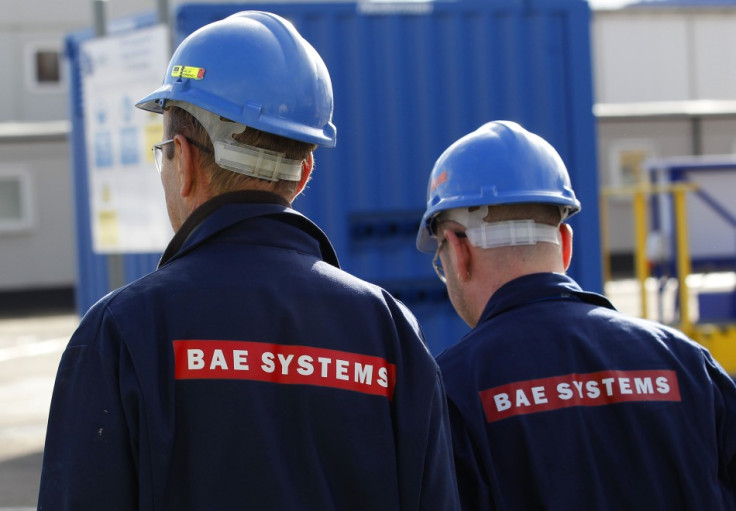BAE Eyes Saudi Jet Deal Completion This Year

BAE Systems revealed that the long-awaited Saudi jet deal will mostly be completed in the second half of this year after the London-based company posted lower than expected half-yearly growth.
Company sales for the six months to the end of June stood at £8.4bn (€9.6bn, $12.8bn) falling behind Reuters' forecast of £8.7bn. The group posted a pre-tax profit of £529m, compared to £575m year-on-year.
"With constraints in many of the group's principal markets, cost reduction continues to be a focus for BAE Systems, to protect margin, enhance competitive advantage and deliver greater affordability for customers," the company said.
Shares in BAE, whose attempt to merge with Franco-German Airbus for $45bn collapsed last year, were among the top 10 risers on the FTSE 100 index. BAE was trading over 2% higher for most of the afternoon session in London.
Saudi Jet Deal
The Saudi jet deal, which is being carried out under Riyadh's Salam programme, was previously said to be worth £4.5bn. It was first announced in 2007 but was placed on hold due to pricing negotiations with Saudi Arabia over the Gulf state's order for 72 jets.
"In terms of Salam, we do expect that we will close this out in the second half. There is quite increasing appetite to talk about the next batch of aircraft" BAE chief executive Ian King said, adding that both sides need to finalise the cost of the first batch before moving on to further discussions on any subsequent order.
King, however, said that the Saudi airforce could order between 48 and 72 more planes.
The company has been developing its Saudi business while talks have been progressing, resulting in a £1.8bn contract in June, for follow-up support for the Salam programme.
Given the defence budgets in the US and in Europe, international sales to countries like Saudi Arabia are highly lucrative for BAE. The company earlier said it expected talks on the Saudi deal to be completed by the end of 2012.
Half Yearly Growth
BAE, which previously said it expected "modest growth" in earnings, has repeatedly said that its growth has been affected by the delayed deal.
The underlying earnings per share decreased by 4% whereas the interim dividend increased by 3% to 8.0p per share.
The diluted earnings per share were reported to be 12.6p, slightly down from 12.9p in the same period of 2012.
"This is a challenging environment, but we continue to take the necessary actions to manage the business," King added.
Britain's BAE is part of the conglomerate Airbus and Finmeccanica, which builds the typhoon jet.
© Copyright IBTimes 2025. All rights reserved.





















